Knowledge Hub
Haryana electric vehicle policy-2022
2022
Publisher/Organisation: Government of Haryana
The main objectives of the policy are to promote clean transportation by promotion of use of Electric Vehicles (EVs) in the State. Set up widespread and accessible charging infrastructure to make usage of Electric Vehicles affordable and easy. Facilitate manufacturing of Electric Vehicles, its major components and batteries in the state thereby generate employment opportunities in the State. Promote Research and Development (R&D) on various aspects of electric mobility.
EV Charging Station Monitoring Framework—A Case Study of Croatia: Performance Analysis and Anomaly Detection Under Pandemic Situation
2022
Author(s): Grgic D, Podobnik V, Capuder T
In this paper, the authors analyse framework performance and key performance indicator (KPI) values during the pre-lockdown period, soft-lockdown period, and post-lockdown lift-off period to show how the pandemic situations and governmental lockdown regulations can impact EV grid performance and EV charging business.
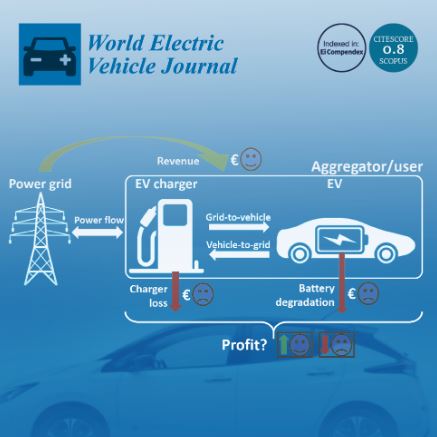
Research on the Influence of Liquid on Heat Dissipation and Heating Characteristics of Lithium-Ion Battery Thermal Management System
2022
Author(s): Zhang C, Huang J, Sun W, Xu X, Li Y.
A battery thermal management system (BTMS) with functions of heat dissipation and heating by using only one liquid and one structure was studied, and a design for a new type of thermal management device structure was proposed.
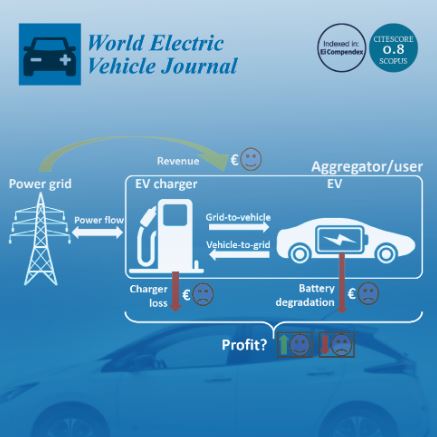
Efficient Multi-Phase Converter for E-Mobility
2022
Author(s): Sampath S, Rahiman Z, Chenniappan S, Sundaram E, Subramaniam U, Padmanaban S
This paper discusses a detailed analysis for reducing power loss and improving efficiency. In continuous conduction mode, the converters are tested with a constant duty cycle of 50%.
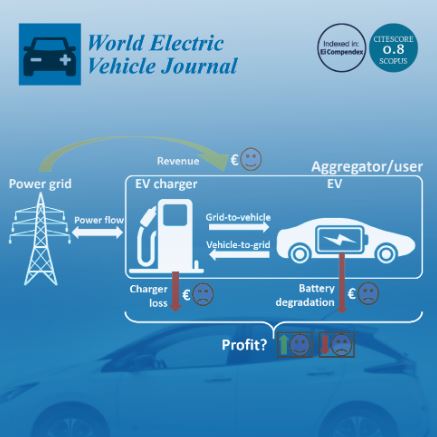
Charging Electric Vehicles Today and in the Future
2022
Author(s): Leijon J, Boström C
This review article aims to provide an overview of recent scientific literature on different charging strategies, including battery swapping, conductive- and inductive charging, and what data may be needed for charging different types of electric vehicles.
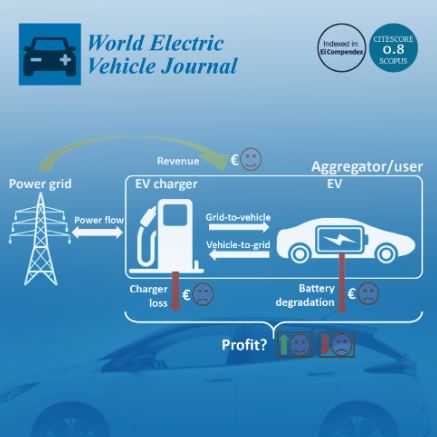
Development of the State of Warranty (SOW) for Electric Vehicles
2022
Author(s): Arrinda M, Sánchez D, Oyarbide M, Macicior H, Zubiria A
An exponential increase in electric vehicles on the road needs a follow-up in terms of the warranty. The proposed state of warranty (SOW) is a meta state that qualitatively describes the warranty fulfillment level of an electric vehicle.
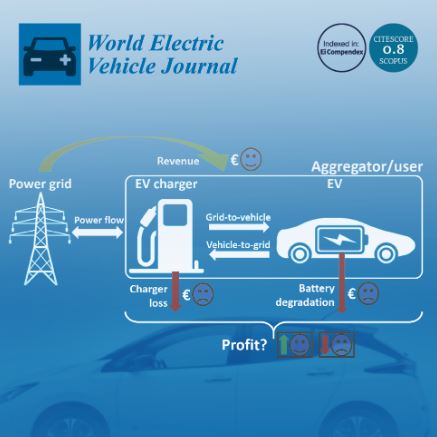
Pathways to Carbon-Free Transport in Germany until 2050
2022
Author(s): Gnann T, Speth D, Krail M, Wietschel M, Oberle S
This paper explored four pathways to a carbon-free transport sector in Germany in 2050 with foci on electricity, hydrogen, synthetic methane, or liquid synthetic fuels.
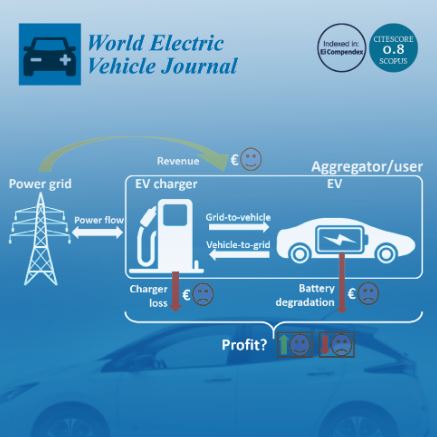
From Traditional to Electrified Urban Road Networks: The Integration of Fuzzy Analytic Hierarchy Process and GIS as a Tool to Define a Feasibility Index—An Italian Case Study
2022
Author(s): Nodari C, Crispino M, Toraldo E
This research describes and develops a simple, self-explanatory, repeatable, and adaptable selection criterion aimed at helping city managers in prioritizing the roads of an urban network to be upgraded from t-road to e-road status. T
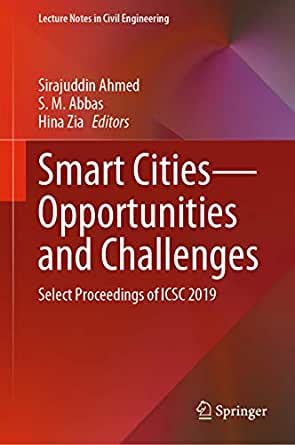
Smart Cities―Opportunities and Challenges:Smart Cities--Opportunities and Challenges : Select Proceedings of ICSC 2019
2019
Author(s): Ahmed S; Abbas S M ; Zia Hina (Eds)
This book comprises select proceedings of the International Conference on Smart Cities: Opportunities and Challenges (ICSC 2019).
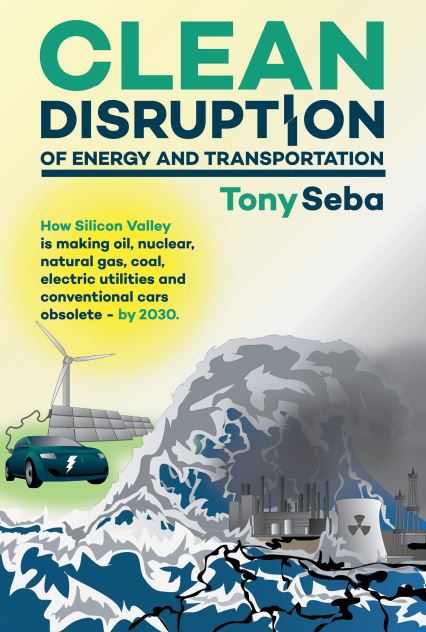
Clean Disruption of Energy and Transportation: How Silicon Valley Will Make Oil, Nuclear, Natural Gas, Coal, Electric Utilities and Conventional Cars Obsolete by 2030
2014
Author(s): Seba T
The industrial age of energy and transportation will be over by 2030. Maybe before. Exponentially improving technologies such as solar, electric vehicles, and autonomous (self-driving) cars will disrupt and sweep away the energy and transportation industries as we know it.



